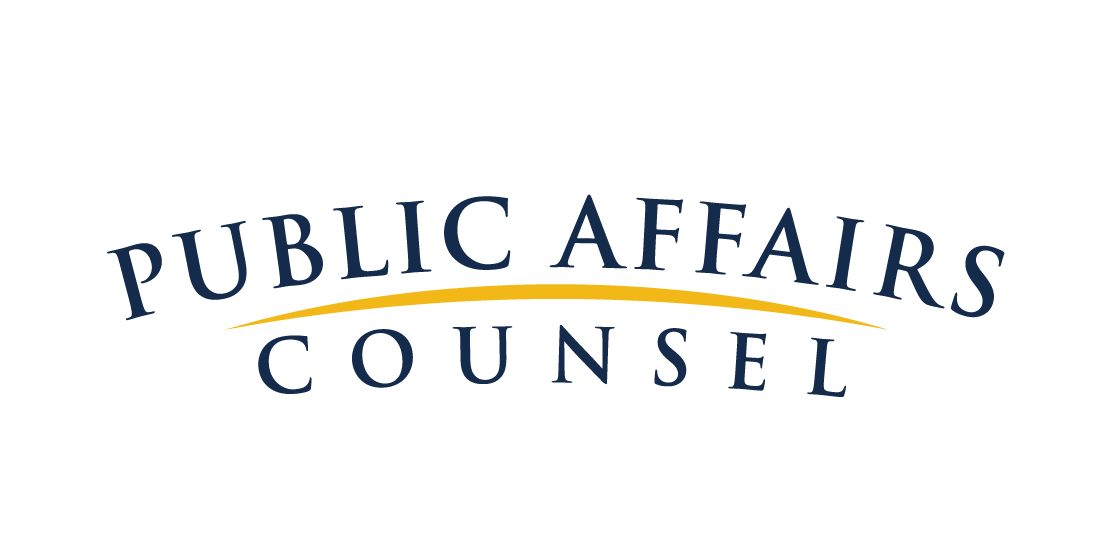Is Government Affairs In Your Business Plan?
It Should Be.
Government affairs and lobbying is a mystery to most people. Although the media likes to create the impression that businesses and organizations proactively spend untold amounts of money to hire well-heeled lobbyists in their bid to influence the legislative process, we know that most of these groups, in fact, only spend money on government affairs because they believe it’s a necessary evil. The fact is that they’d rather not.
This is evidenced by the fact that government affairs expenditures are usually the first on the chopping block when the economy sours or companies reorganize their expenditures.
Public Affairs Counsel’s experience is that this is a short-sighted view. The return on investment for effective government affairs can be staggering.
Think about every issue that affects an organization’s bottom line. For better or worse, the legislature has a direct connection to nearly every one.
Here’s a short list:
Taxes
- The legislature sets the tax structure and the rates, both of which directly impact the bottom line.
Tax credits and incentives
- The legislature has enormous power to alter the marketplace and demand for products and services based on tax incentives the legislature can give or take away.
Labor costs
- Minimum wage, wage and hour rules, workers compensation insurance costs, unemployment insurance costs, and mandated benefits are just an example of all the costs associated with legislatively-enacted policies.
Energy costs
- The legislature has a direct bearing on the costs of electricity, natural gas, and transportation fuels not only with taxes and surcharges, but with policies that affect how the energy is generated or delivered to customers.
Exposure to legal liability
- The legislature regularly seeks to create new rights of action against employers and organizations.
Environmental regulations
- From carbon emission caps to mixing zones to diesel engine regulations and fuel blending mandates, the legislature has purview of them all.
Land use regulations
- Determining what land can be used for what purpose starts with the legislature.
Government expenditures
- Clients whose livelihoods depend on government expenditures will have a particular interest in the legislative Ways & Means process where taxpayer dollars are allocated to various programs.
Economic development
- Although Oregon is not prolific in its use of economic development incentives, the legislature will often exercise its bonding capacity to move forward with various economic development ideas.
Public contracting
- ORS Chapter 279, the set of laws governing Oregon’s public contracting statutes, is the subject of dozens of bills every year as various groups seek preferences and access to government contracts.
Education/workforce policies
- Perhaps the single largest subject area of the entire legislature in terms of policy discussion and money spent, the legislature regularly implements policy directives intended to create a more educated and qualified workforce with skills that match employer needs.
